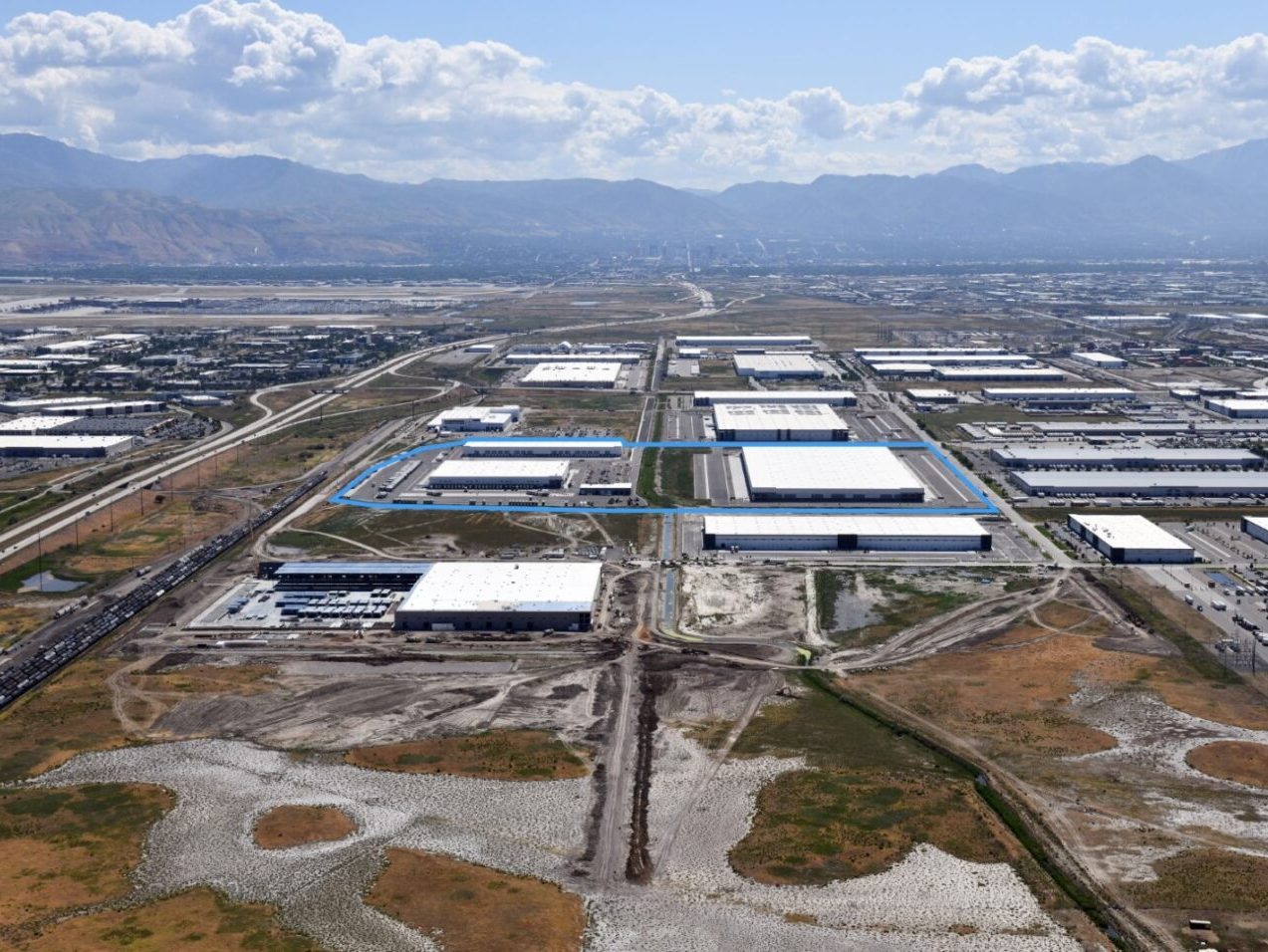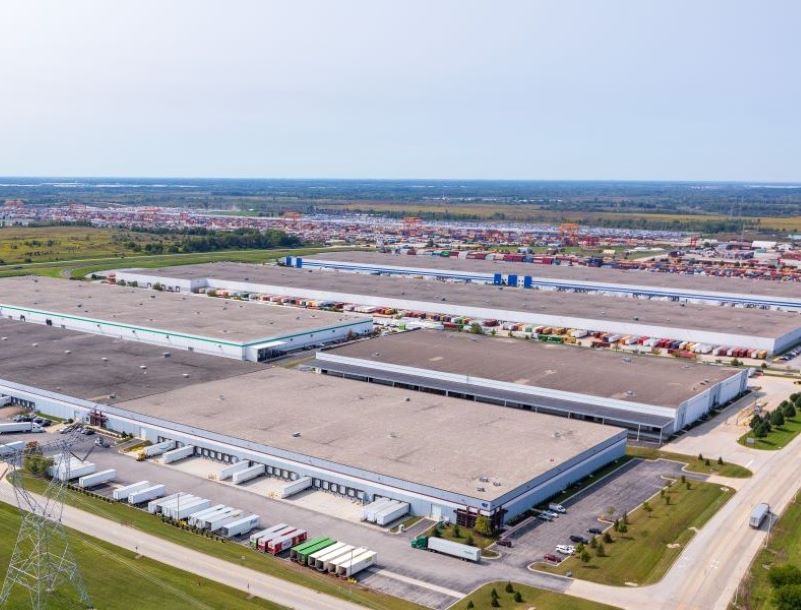Marriott, Starwood Shareholders Say “I Do”
The vote is a major step toward the creation of the world's largest hotel company.
By Paul Rosta
One week after Angbang Insurance Group gave up its pursuit of Starwood Hotels and Resorts Inc., shareholders of Starwood and its winning suitor, Marriott International, gave their blessing Friday morning to the companies’ proposed merger.
Marriott’s $13.6 billion acquisition of Starwood won approval of stockholders representing more than 79 percent of outstanding Marriott shares and 63 percent-plus of outstanding Starwood shares, the companies reported. “Our teams continue to plan the integration of our two companies, and we are committed to a timely and smooth transition,” said Arne Sorenson, Marriott’s president & CEO, in a statement.
The Marriott-Starwood merger would result in a hospitality giant with a portfolio of some 5,500 properties comprising 1.1 million guest rooms in 200-plus countries. Friday morning’s vote keeps the acquisition on schedule to close at midyear. Another major milestone could come later this month. Interval Leisure Group is expected to close on the acquisition of Starwood’s timeshare business, Vistana Signature Experiences, around April 30. Also pending are regulatory approvals in Europe and China and compliance with customary closing conditions.
Friday’s shareholder vote represented an unusually quiet twist after weeks of unexpected drama. Marriott’s original $12.2 billion offer had remained unchallenged since March, when a group led by Angbang proposed a rival $13 billion deal. Marriott came back with a $13.6 billion bid, only to see the Chinese financial giant top it again with a $14 billion offer.
Marriott was faced with the prospect of sweetening the deal yet again when Angbang pulled out of the competition on March 31. Explanations for the withdrawal vary. Some reports suggest that Angbang and its partners were unable to arrange financing for the deal. Another theory is that the company was stymied by China’s regulations, which prohibit it from allocating more than 15 percent of its holdings outside its home country.








You must be logged in to post a comment.